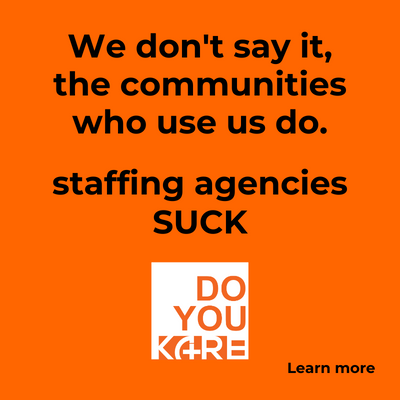Editor’s Note: John Zeisel, founder of the I’m Still Here Foundation and the Hearthstone Institute, and author of the bestselling book I’m Still Here, wrote this article in response to the recent Senior Living Foresight article “Anyone Else Ready to Throw in the Towel?“
Steve, I know you are a champion of both good management and excellent care in senior living. I agree with most of our conversations and most of what I read at Senior Living Foresight. However, I must respectfully disagree with the article: Anyone Else Ready to Throw in the Towel? that details the challenges one activity professional is having with her organization and supervisors. Leading her to think about leaving the profession altogether. Let me explain.
I Disagree
The article includes some powerful statements of support and empathy from activity professionals who have had similar experiences. At the end you write: “What ought to distress each leader who reads this is that the prevalence of terrible leadership is high.”
Although this may be true, my experience over the last 30 years in assisted living, especially for people living with dementia, is that the problem “activity directors” face is not that they are treated badly as individuals, but that their entire profession is undervalued — also a management problem, but not just bad personnel management.
No Respect
In my opinion, the reason the “activity director” in your article is so frustrated — along with all those who commented in the article — is not because management doesn’t engage and support her and others like her as individuals, but rather that management from top to bottom in those organizations do not value or respect her profession.
In too many cases organizational leadership does not value the effort or complexity it takes to “engage residents.” Engagement requires getting to know each resident, figuring out how to link their personal history with what they do daily, finding each resident’s strengths rather than his or her weakness, and supporting each resident to be themselves and their best.
Most activity professionals pour themselves into their jobs, often working long hours and spending their own resources to procure supplies. Their profession requires a high degree of skill and dedication that is often taken for granted or given a back seat to the important work done by clinical teams.
Excellence
An excellent “activity director” makes everyone else’s job easier. When assisted living residents are engaged in what they enjoy and what interests them, their quality of life increases, and they are often more willing to bathe, take a shower, accept medications, and engage in activities, rather than fight with staff and refuse care.
Positive engagement also leads to happier family members who arrive to find their loved ones engaged in something that is meaningful to them as individuals, making each visit happier and easier — and leading to greater family satisfaction and fewer complaints.
The leadership at I’m Still Here® Certified Centers of Excellence throughout the country embrace these values and activities because we know that “engagement” — what these hard-working, inventive people do every day — is an antidote to depression, sadness, isolation, apathy — all the moods and mood swings that go along with growing old and sometimes with dementia.
In organizations that do not see this and do not value this approach, activity directors are seen as merely that — staff who do “activities,” and that’s that. No matter how hard they work, they are seen as directing activities rather than engaging those with whom and for whom they really work — the residents.
A Changed Mind
Steve, I changed my mind — you are correct, the misery of so many activity directors is a result of poor management — but not because management does not value these professionals. It’s because management does not value what they do — uncovering residents’ strengths to give them meaning in life.








